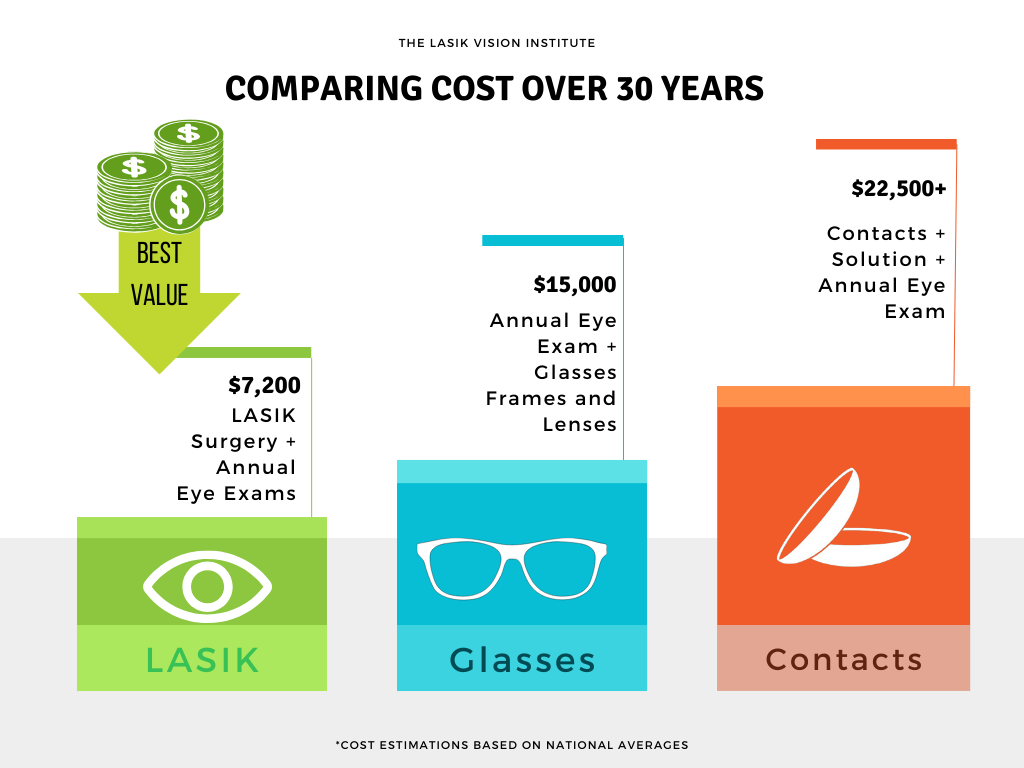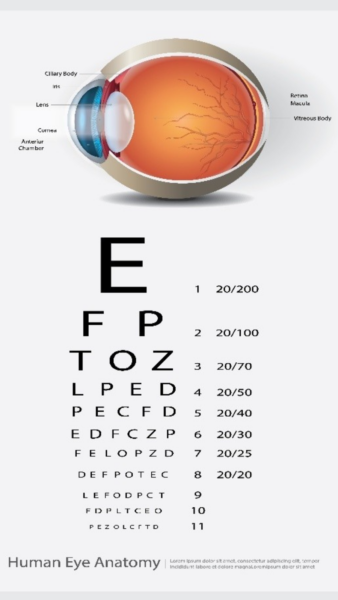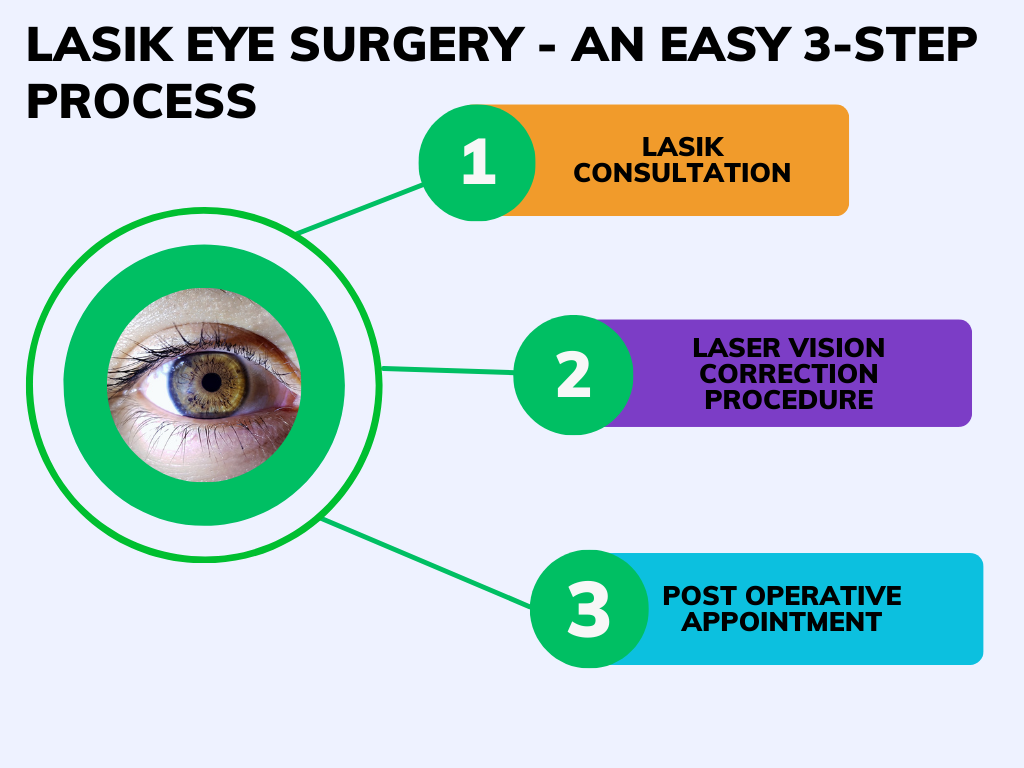Remember squinting to see the chalkboard? For many, that marked the beginning of a long relationship with glasses and contact lenses. But lately, beyond the familiar feel of them, has your wallet been feeling a bit lighter? You’re not alone. Prices have been steadily on the rise, especially for contact lenses leaving many people wondering if there’s a better, more cost-effective way to achieve clear vision. Enter LASIK eye surgery – the ultimate investment that allows you to own great vision instead of “rent” it. Lets look into the rising cost of glasses and contacts and explore how LASIK surgery can offer a permanent solution.
Why Your Contact Lens Costs Keep Climbing
For years, contact lenses have been a reliable vision correction method. But let’s face it, they come with ongoing expenses that can add up quickly. What is causing contact lens prices to increase?
- Increased Material Costs: Advancements in lens technology often involve using specialized materials, which can drive up production expenses
- Manufacturer Consolidation: The contact lens market is dominated by a few major players, which can lead to less competition and potentially higher prices
- Eye Care Professional Fees: Regular eye exams and fittings are crucial for healthy contact lens wear, and these professional services also factor into the overall cost
The Long-Term Expense of Contacts and Glasses
Let’s break down the ongoing costs associated with contacts and glasses:
- Annual Eye Exams: Noting the type of insurance you have an annual eye exam can range from $75 to a couple hundred dollars
- Annual Replacement Costs: Depending on the type of lens you wear, you might need daily, bi-weekly, or monthly replacements. These costs can range from a few hundred dollars to over a thousand annually
- Additional Contact Lens Expenses: Don’t forget the extras like cleaning solutions, disinfecting cases, and sometimes even additional prescription drops. These can add another layer of expense to your vision correction routine
- Glasses Frames and Lenses: These costs are typically a few hundred dollars annually based on your style choices and insurance
Cost of LASIK Surgery
At The LASIK Vision Institute, the cost of LASIK surgery of LASIK surgery is a one-time investment, with an all-inclusive price of $2,495 – $2,595 per eye for modern all-laser technology. Many patients pay closer to $1,900 per eye after insurance discounts or promotions are applied. While the upfront cost may seem significant, LASIK often proves to be the more economical choice over time by eliminating the continuous cycle of purchasing glasses, contact lenses, and related supplies. This means that over the long term, many individuals can save thousands, potentially even upwards of $20,000 or more, compared to the ongoing expenses of traditional vision correction.

Making LASIK Accessible: Financing Options
Understanding that the upfront cost is a consideration, The LASIK Vision Institute is committed to making clear vision attainable for everyone. We offer a variety of flexible payment plans and guaranteed financing options to help you spread the investment into manageable monthly installments.
Quality of Life: Investing In You
The decision to invest in LASIK goes beyond mere dollars and cents; it’s an investment in your time and overall quality of life. Imagine the freedom of waking up with clear vision, participating in activities without the hassle of glasses or contacts, and enjoying a greater sense of spontaneity. LASIK offers a level of convenience and independence that traditional vision correction simply cannot match.
In Conclusion: Weighing the Long-Term Costs and Benefits
When considering the cost of LASIK vs. contacts and glasses, it’s crucial to look beyond the initial expense. While LASIK requires a larger upfront investment, it offers the potential for significant long-term financial savings and a substantial improvement in your daily life. Take the first step towards owning your vision and explore the possibilities with our simple 3-step process.

Find a LASIK Surgery Location Near You
We’re located nationwide – it’s easy to find a LASIK Vision Center near you.







